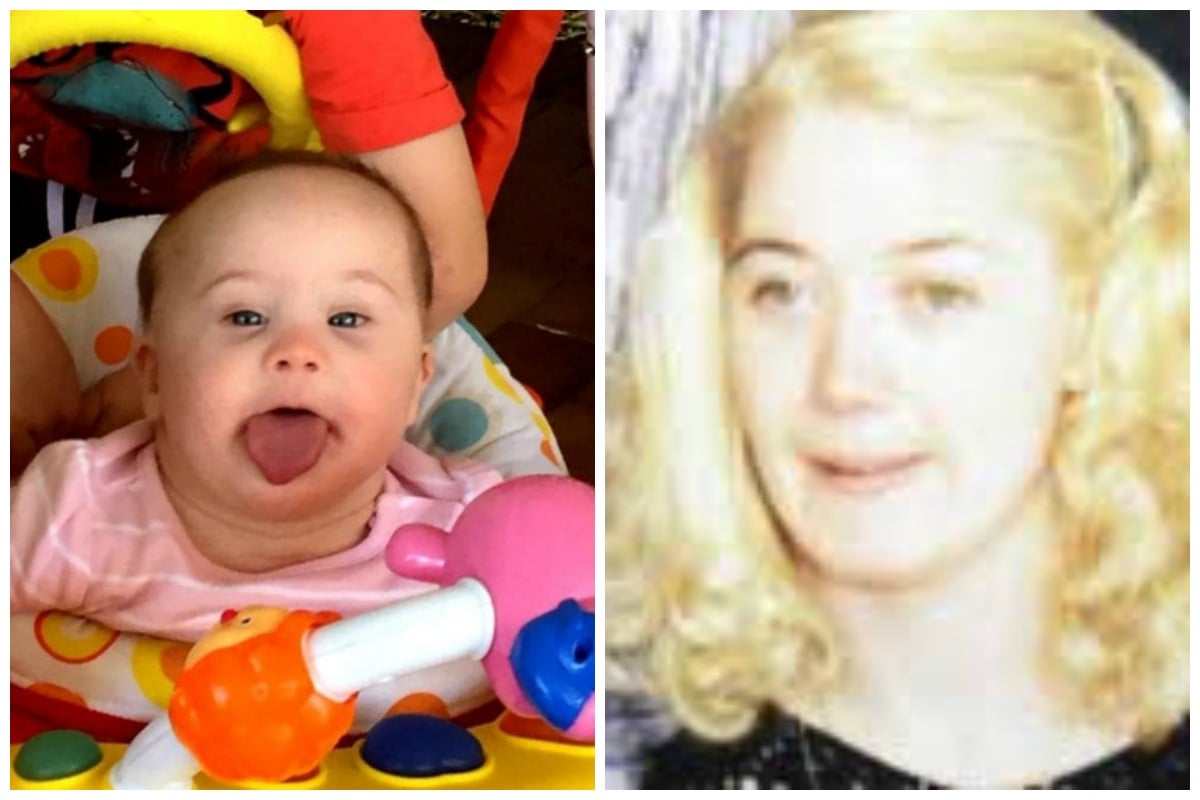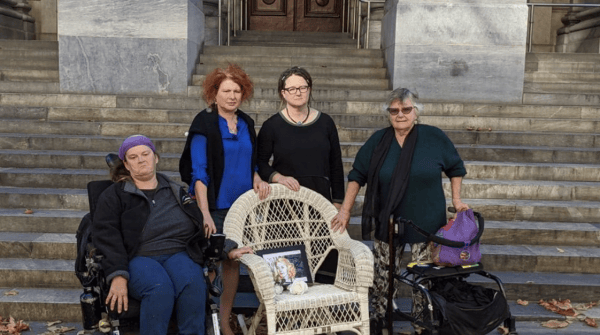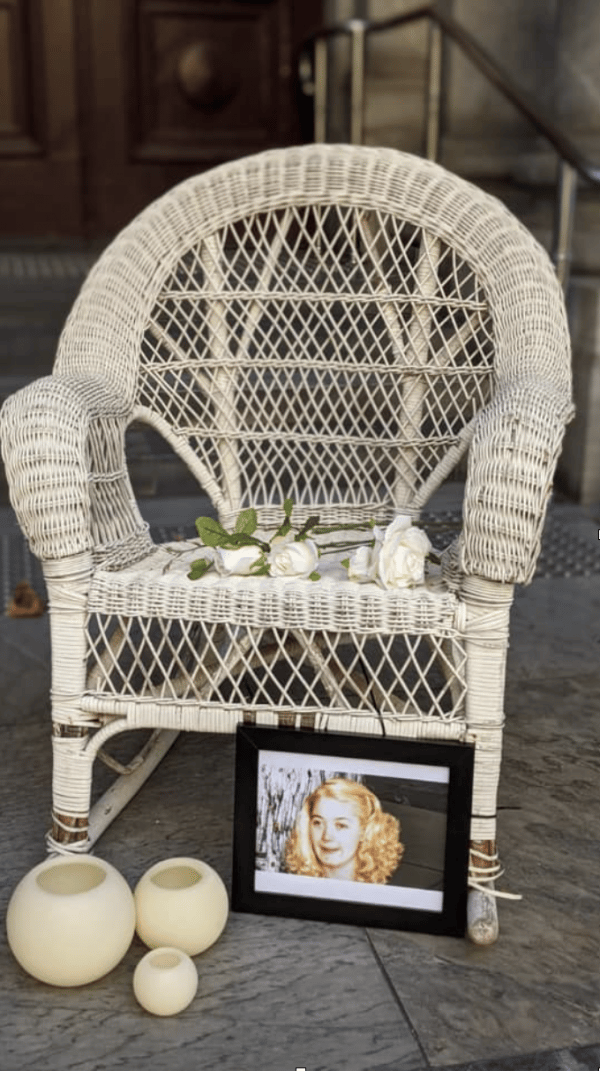
This post deals with disability violence and might be triggering for some readers.
WHEN I was a little girl, I collected butterflies.
I hated it. The idea that you could take something that was free, snatch it from the air, put it in a killing jar and watch until it stopped struggling – that was an awful, awful idea.
But my father thought it would be good for me, a disabled child, to hone my fine motor skills. And so I learned.
WATCH: Vanessa Cranfield on parenting a child with a disability. Post continues below.
Firstly, you need to kill the butterfly without harming its wings. You place it in a killing jar with cotton wool and ether. Then there’s the pinning out, drying, classifying.
Only it’s not a butterfly by then – it’s a specimen. The minute it entered that jar, it stopped being a butterfly.
As an adult, I’m still collecting. I collect, sort, classify, catalogue. But this is a pastime that is even grimmer than butterfly collecting – I collect stories of violence, abuse and neglect against disabled people.


